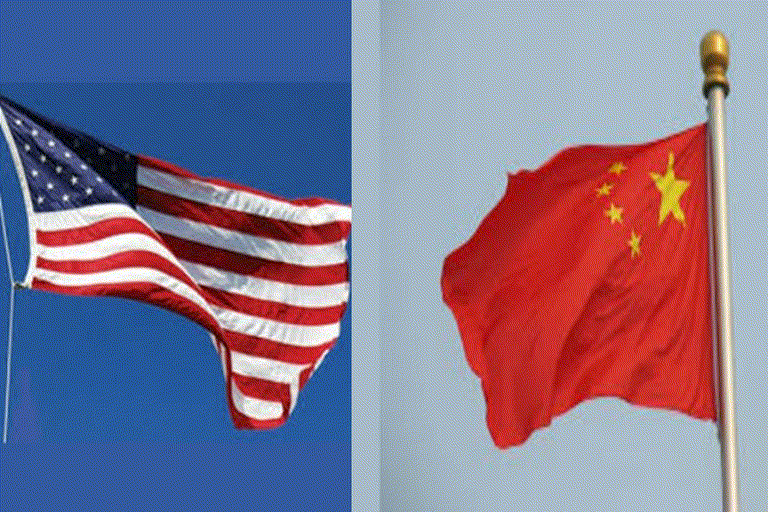Beijing:The United States and China open the latest round of their trade talks on Thursday as the economic superpowers edge towards a deal to resolve a months-long spat that has rattled the global economy.
US Trade Representative Robert Lighthizer and Treasury Secretary Steven Mnuchin are expected to resume talks in Beijing with China's top economic official Liu He, the first since China put into law new measures seen as an olive branch in their high-stakes stand-off.
While US President Donald Trump has voiced hope that he could soon hold a signing ceremony with his Chinese counterpart Xi Jinping, negotiations have dragged on, suggesting substantial differences remain.
But Lighthizer sought to play down expectations ahead of the meeting in Beijing, which is due to be followed by more talks in Washington in early April.
"I'm hoping but not necessarily hopeful... If there's a great deal to be gotten, we'll get it -- if not, we'll find another plan," he told National Public Radio earlier this week.
The two sides have slapped tariffs on hundreds of billions of dollars of goods since last year, hitting a slew of businesses ranging from manufacturers to farmers in both countries, with knock-on effects for other economies.
Read more:Japanese firm aims to sell flying motorbikes by 2022
And Trump suggested last week some of those tariffs should stay in place after a deal is reached to ensure China follows through.
But Beijing has taken steps to address some US complaints. Earlier this month China's rubber-stamp parliament rushed through a law that seeks to protect foreign firms from the forced transfer of technology.
Premier Li Keqiang on Thursday repeated his pledge to step up punishment for intellectual property infringers to ensure they "bear an unpayable cost", addressing a major bone of contention in Washington.
"We will again widen foreign firms market access," Li pledged at the Boao Forum for Asia, a Davos-like annual meeting hosted by China.
While the US has hit out at Chinese practices, Lighthizer said on NPR that "the kinds of things that we're asking for are not anti-Chinese at all".
"Protection of intellectual property is not anti-Chinese. Stopping people from forcing transfer of technology is not anti-Chinese. In fact, the reformers would say it's pro-Chinese. It will help their economy, not hurt their economy," he added.
